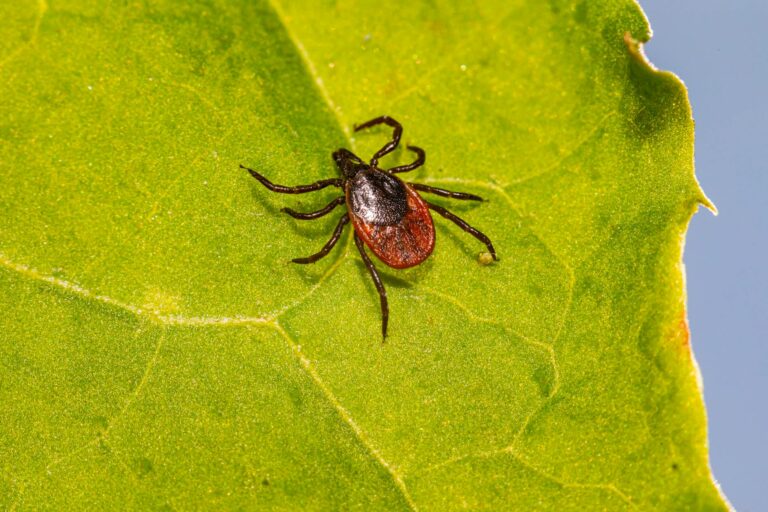Dementia is a condition that affects millions of people worldwide, causing a decline in cognitive function and memory loss. With an aging population, the prevalence of dementia is expected to increase, making it a pressing public health concern. While there is no known cure for dementia, research has shown that certain lifestyle factors, such as diet, may play a role in its prevention. In recent years, there has been a growing interest in the role of antioxidants in preventing dementia. But what exactly are antioxidants and how do they impact our brain health? And most importantly, does eating foods rich in antioxidants really help prevent dementia?
To understand the connection between antioxidants and dementia prevention, we must first understand what antioxidants are and how they work. Antioxidants are substances that protect our cells from damage caused by harmful molecules, known as free radicals. These free radicals are naturally produced by our bodies during various metabolic processes, but they can also come from external sources, such as pollution, tobacco smoke, and UV radiation. When free radicals accumulate in our bodies, they can cause oxidative stress, which can damage our cells and lead to chronic diseases like dementia.
So how do antioxidants help in preventing dementia? Well, as their name suggests, they neutralize free radicals by giving them an electron, thus preventing them from causing damage to our cells. This process of neutralization is vital because oxidative stress has been linked to various neurodegenerative diseases, including Alzheimer’s disease, the most common form of dementia. In Alzheimer’s disease, for example, oxidative stress damages neurons in the brain, leading to memory loss and cognitive decline.
Now that we have a basic understanding of what antioxidants are and how they work, let’s explore the evidence behind their role in preventing dementia. Several studies have looked at the relationship between antioxidant intake and cognitive function. One study conducted by researchers at Harvard Medical School found that people who consumed high levels of vitamin E, a potent antioxidant, had a lower risk of developing Alzheimer’s disease. Another study found that individuals who followed a diet rich in antioxidants had better cognitive function and a reduced risk of developing dementia.
But it’s not just vitamin E that has been linked to dementia prevention. Other antioxidants, such as vitamin C, beta-carotene, and selenium, have also shown promising results in studies. Foods rich in these antioxidants include berries, leafy greens, citrus fruits, nuts, and legumes. Interestingly, most of these antioxidant-rich foods are also considered part of the Mediterranean diet, which has been linked to a reduced risk of cognitive decline and Alzheimer’s disease.
However, it’s worth noting that the exact mechanism behind how antioxidants prevent dementia is still not fully understood. Some researchers believe that other compounds present in antioxidant-rich foods, such as flavonoids and polyphenols, may also play a role in protecting our brain cells. These compounds have shown anti-inflammatory and neuroprotective properties in studies, making them potential candidates for preventing dementia.
While the evidence supporting the role of antioxidants in preventing dementia is promising, there is still much more research needed to fully understand their impact on brain health. It’s also essential to note that simply eating foods rich in antioxidants may not be enough to prevent dementia. A healthy lifestyle, including regular physical exercise, maintaining a healthy weight, and avoiding smoking and excessive alcohol consumption, also plays a crucial role in protecting our brain health.
In conclusion, while there is no known cure for dementia, research suggests that consuming a diet rich in antioxidants may help in its prevention. Antioxidants protect our cells from damage caused by free radicals, which are linked to chronic diseases like dementia. However, more research is needed to fully understand the role of antioxidants and their impact on brain health. In the meantime, it’s essential to maintain a well-balanced diet and a healthy lifestyle to reduce the risk of developing dementia and other chronic diseases.





